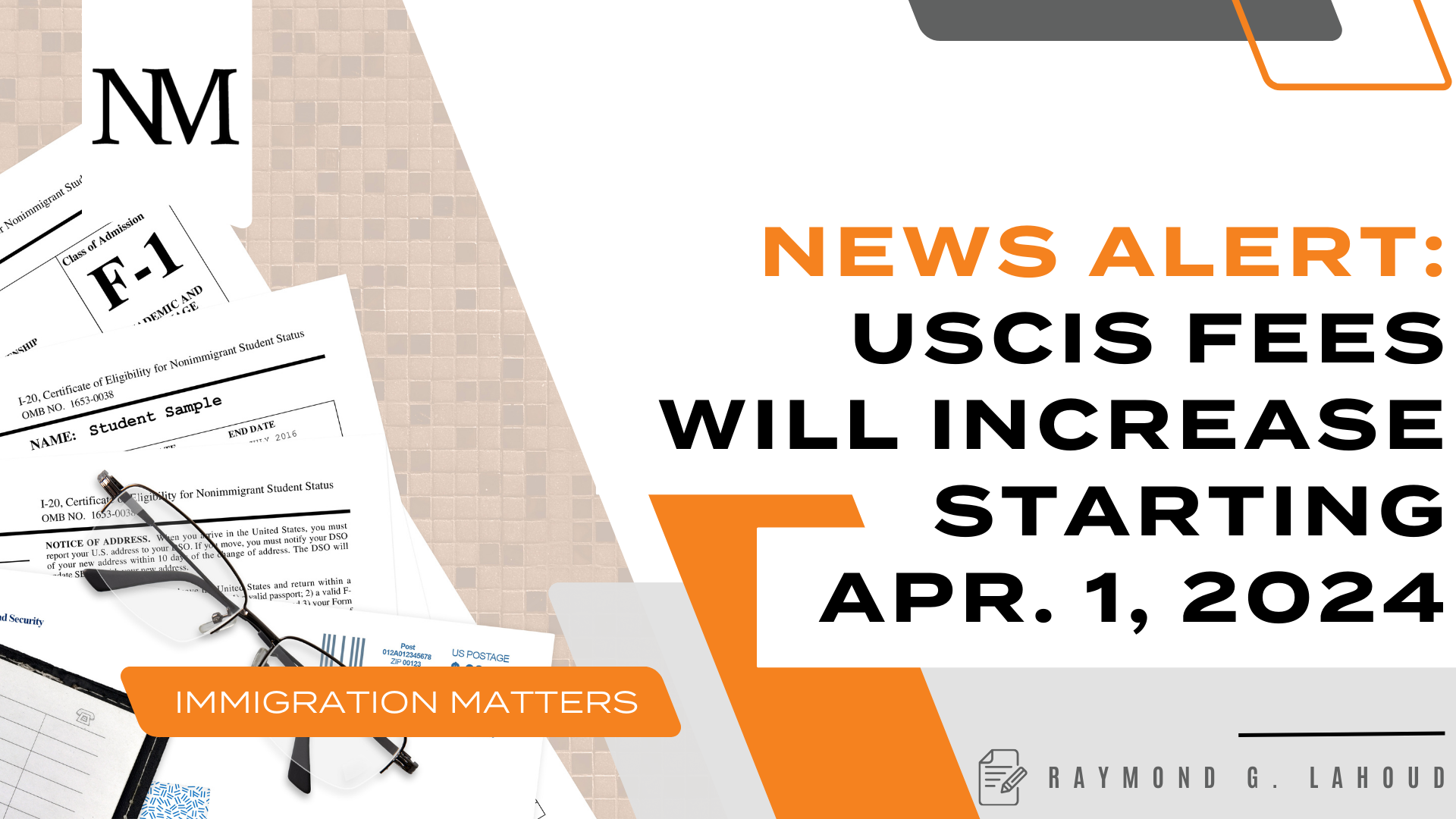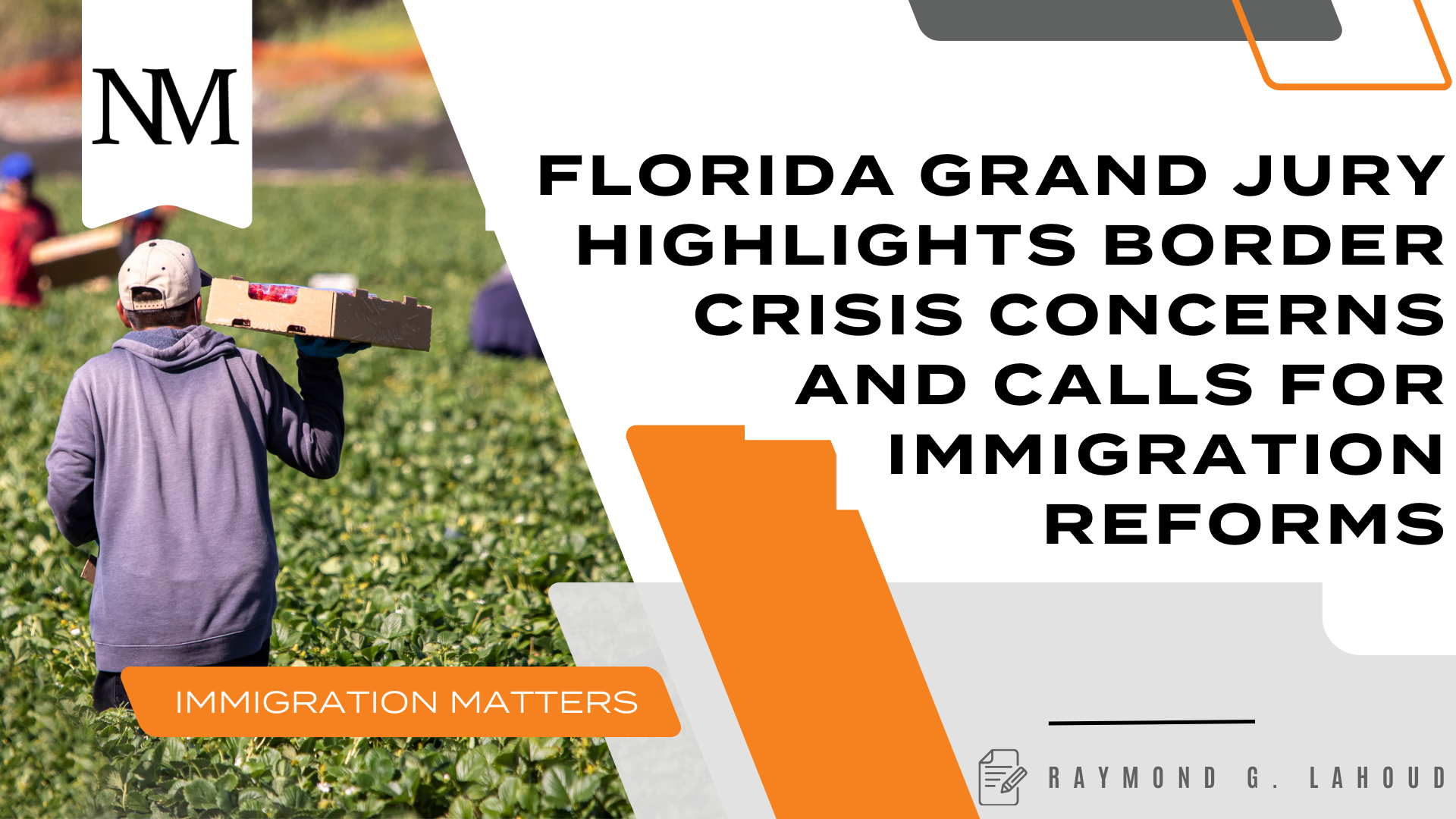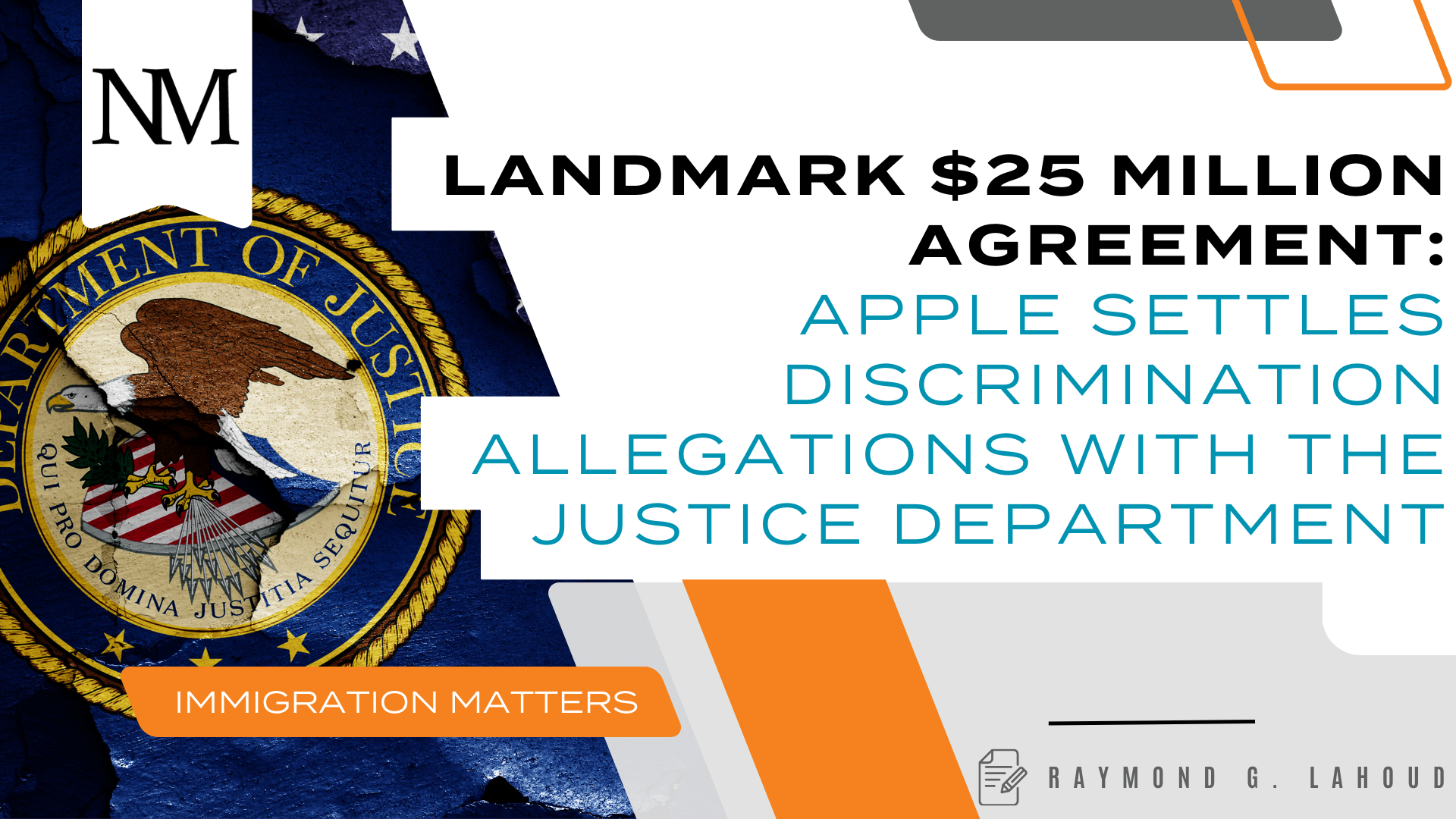Good News for American Businesses: H1-B Denial Rates Plummet Under Biden Write

The H-1B visa program has been the subject of intense scrutiny and controversy over the past few years with high denial rates causing significant challenges for companies seeking to hire foreign workers in specialty occupations. However, the H-1B visa landscape has experienced a dramatic shift under the Biden administration. With new leadership at the United States Citizenship and Immigration Services (“USCIS”) and changes to USCIS policies, the H-1B visa denial rates have decreased significantly providing much-needed relief for American businesses, particularly those in the tech sector.
What is the H-1B Visa?
The H-1B is a temporary, nonimmigrant visa category that allows employers to petition on behalf of highly educated foreign professionals who work in specialty occupations that require at least a bachelor’s degree. These jobs are generally in the fields of science, technology, engineering, and mathematics (“STEM”) enhancing American competitiveness in the global economy. In fact, to be even more competitive, the Biden administration recently expanded eligible fields of study that qualify under the program, as described in greater detail in this blog. The H-1B visa program is an essential tool for American businesses, especially in the technology sector where a significant percentage of the workforce is made up of foreign-born workers.
The H-1B visa allows U.S. employers to fill critically important jobs in the United States with foreign workers. While many critics of the H-1B visa argue that it potentially limits job opportunities for U.S. workers, many others suggest that H-1B workers offer critical support to the U.S. economy. In fact, according to the American Immigration Counsel, H-1B recipients provided critical assistance during the COVID-19 pandemic with many doctors, scientists, and nurses present in the U.S. on the H-1B visa, including individuals who assisted with the development of vaccines. In recent years, the program has also been mired in controversy due to high denial rates, which have made it increasingly difficult for companies to bring in foreign workers.
From Trump to Biden: A Shift in H1-B Policy
The Trump administration was especially tough on the H-1B visa program with denial rates hitting an all-time high in 2018. Many companies found it challenging to secure visas for their employees, and some even had to cancel critical projects due to a lack of skilled workers. However, with the arrival of the Biden administration, there has been a significant shift in the way the H-1B visa program is being managed.
One of the most notable changes is the decrease in H-1B visa denial rates. According to recent data for H-1B petitions for initial employment, the denial rate dropped to 2% in fiscal year 2022, down from a high of 24% in fiscal year 2018. The sharp decline in denial rates is a clear indication of the Biden administration’s more lenient approach to the H-1B visa program.
There are several reasons for the decrease in denial rates under Biden, one of the most significant being the change in leadership at the U.S. Citizenship and Immigration Services. The Trump administration’s leadership was notorious for its strict policies and hardline stance on immigration, but with the appointment of Alejandro Mayorkas as Secretary of the Department of Homeland Security, the approach has shifted. Mayorkas has promised to take a more compassionate and pragmatic approach to immigration, including the H-1B visa program.
Another reason for the decrease in H-1B visa denials is the change in the USCIS policies. The Trump administration introduced several policy changes that made it more difficult for companies to secure H-1B visas for their employees, such as a policy that made it more challenging for entry-level computer programmers to qualify. The Biden administration has rescinded this policy, making it easier for companies to secure visas for their employees.
Impact on American Businesses
The decrease in H-1B visa denial rates is good news for American businesses, particularly those in the technology sector. With the decrease in denial rates, companies can now hire skilled foreign workers to fill critical positions in their organizations. This, in turn, will help to spur innovation and economic growth.
The decrease in H-1B visa denial rates is not a silver bullet, however. The program still faces challenges such as the cap on the number of visas available every year. In recent years, the demand for H-1B visas has far outstripped the supply, leading to a lottery system. This has made it incredibly difficult for companies to secure visas for their employees, particularly small and medium-sized businesses that cannot afford to compete in the lottery.
To learn more about this blog post, or if you have any other immigration concerns, please feel free to contact me at rglahoud@norris-law.com or (484) 544-0022.




